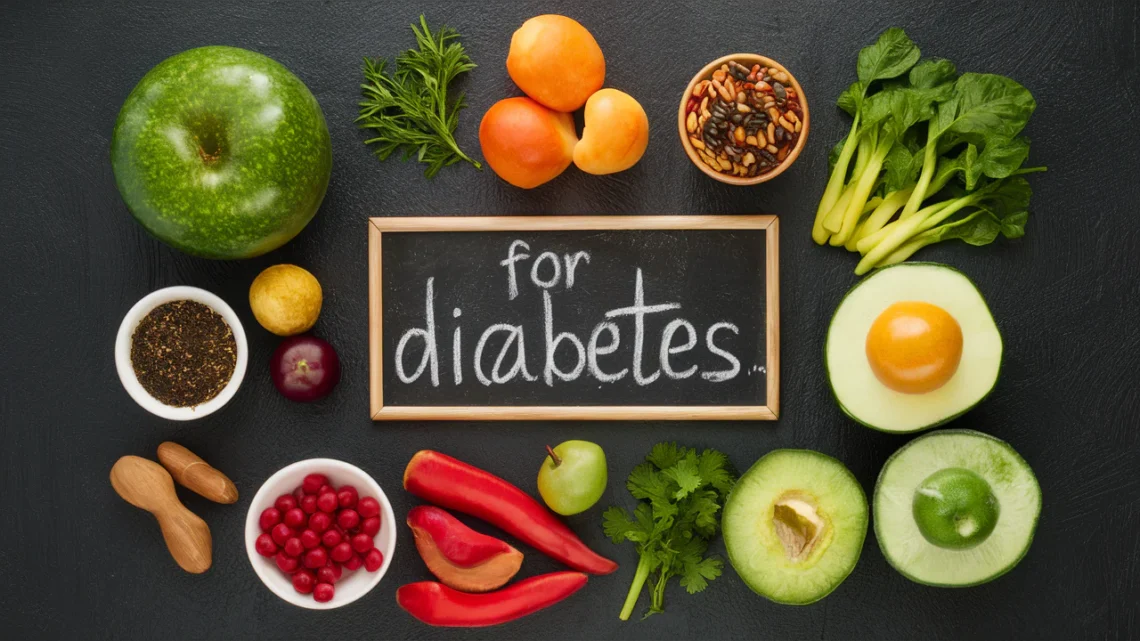Managing diabetes effectively begins with adopting a balanced diet for diabetes. A well-structured diet not only helps control blood sugar levels but also maintains a healthy weight, improves energy levels, and reduces the risk of complications associated with diabetes. In this guide, you will learn how to create a diet plan that works for your specific needs, focusing on healthy food choices and nutritional balance.
What is a Balanced Diet for Diabetes
A balanced diet for diabetes is a nutritional approach designed to stabilize blood sugar levels and promote overall health. It includes foods that are high in essential nutrients, low in unhealthy fats, and rich in fiber. It emphasizes eating the right portions at the right times to prevent spikes or dips in blood sugar. This diet is suitable for everyone but is especially critical for individuals with diabetes to manage their condition effectively.
Balanced Diet for Diabetes
1. Complex Carbohydrates
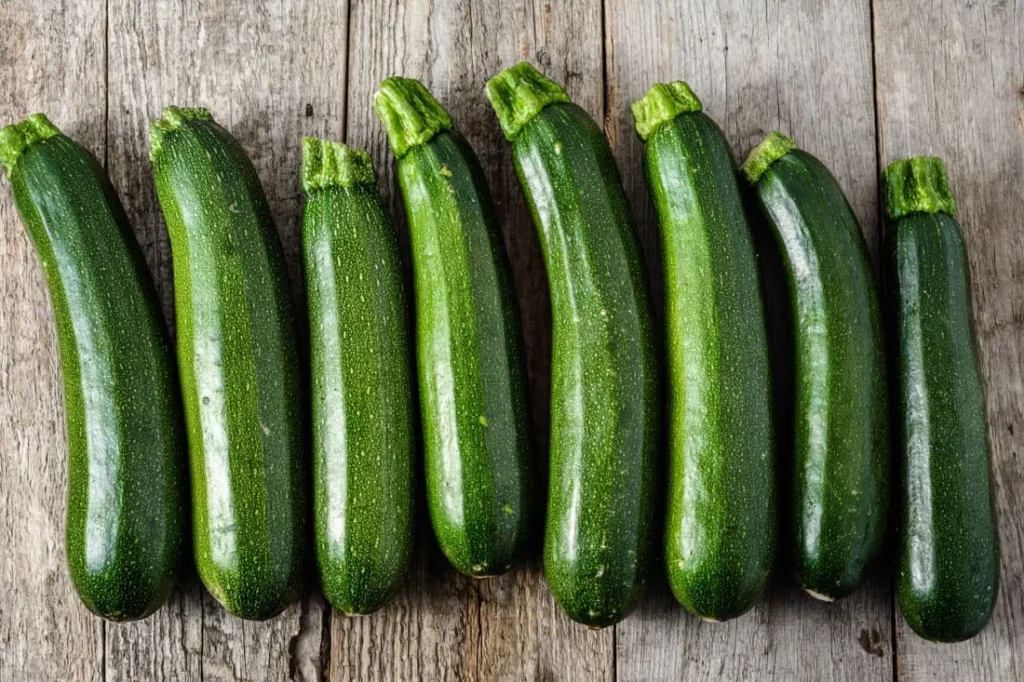
Complex carbohydrates are slow-digesting and help maintain a stable blood sugar level. Unlike refined carbohydrates, they don’t cause rapid sugar spikes and provide lasting energy. Whole grains such as brown rice, quinoa, and whole wheat are excellent options. Starchy vegetables like sweet potatoes and legumes like chickpeas and lentils are also beneficial. Vegetables like broccoli, carrots, and zucchini add an extra layer of nutrition and fiber, making them ideal choices for diabetes management.
2. Fiber-Rich Foods
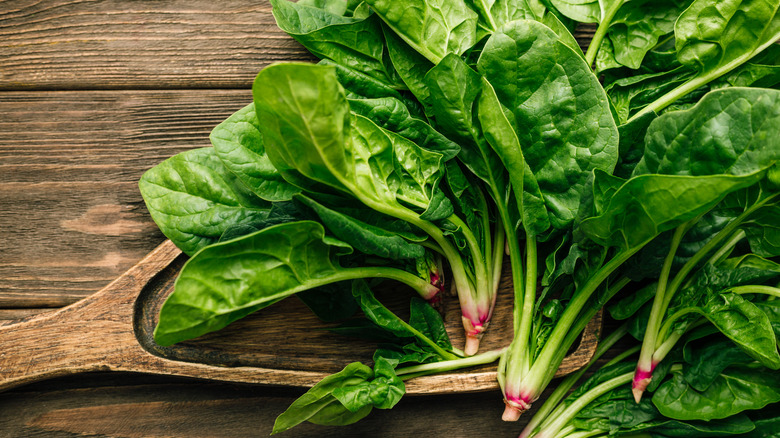
Fiber is essential for regulating blood sugar levels and improving digestion. It slows down the absorption of sugar into the bloodstream, keeping blood sugar levels consistent throughout the day. High-fiber foods also promote a feeling of fullness, which helps in maintaining a healthy weight. Fruits like apples, oranges, and berries, along with vegetables like spinach, kale, and cauliflower, are great sources of fiber. Whole grains such as oatmeal and barley, as well as nuts and seeds like flaxseeds and chia seeds, should be included in daily meals.
3. Lean Proteins
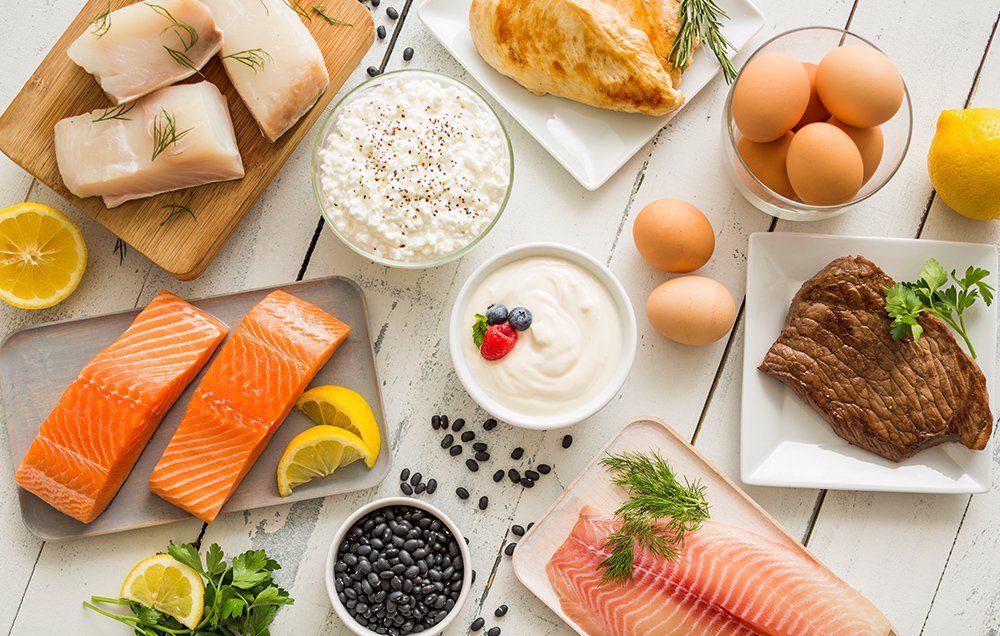
Proteins play a key role in stabilizing blood sugar levels and repairing body tissues. Lean sources of protein, such as skinless chicken, turkey, and fish like salmon and mackerel, are excellent choices. For vegetarians, tofu, lentils, kidney beans, and chickpeas are rich protein alternatives. Eggs and low-fat dairy products like yogurt and cottage cheese provide additional protein while supporting gut health. Consuming protein in every meal ensures sustained energy throughout the day and reduces hunger pangs.
4. Healthy Fats

Healthy fats are vital for heart health and reducing inflammation in the body, which is particularly important for people with diabetes. Foods like avocados, olive oil, and nuts such as almonds and walnuts provide healthy fats. Fatty fish such as salmon and sardines are rich in omega-3 fatty acids, which are beneficial for maintaining cardiovascular health. Seeds like flaxseeds and sunflower seeds are also great sources of essential fatty acids. These fats not only provide energy but also improve insulin sensitivity, which is crucial for diabetes management.
5. Low-Glycemic Index Foods
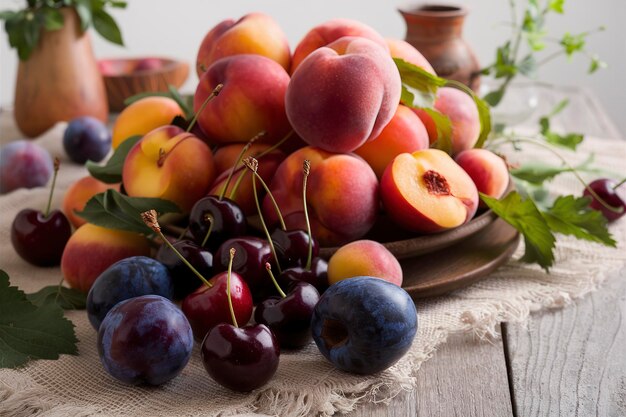
Foods with a low glycemic index are digested slowly and prevent sudden spikes in blood sugar. Non-starchy vegetables such as spinach, cucumbers, and bell peppers are ideal options. Fruits like cherries, plums, and peaches have a lower glycemic index and are safe for people with diabetes. Including legumes like black beans and lentils ensures a steady release of glucose into the bloodstream. Incorporating these foods into meals keeps blood sugar levels balanced and energy levels steady.
Foods to Avoid in a Balanced Diet for Diabetes
Certain foods can disrupt blood sugar levels and should be avoided or limited in a diabetes-friendly diet. Sugary drinks like sodas, packed juices, and energy drinks can cause rapid blood sugar spikes. Processed snacks such as chips, cookies, and candy are high in unhealthy fats and sugars. Refined carbohydrates like white bread, white rice, and pastries should be replaced with whole-grain alternatives. Packaged foods with trans fats, such as margarine and fried snacks, should be minimized to reduce the risk of heart problems. Excess salt consumption should also be avoided to prevent hypertension, which is a common issue for people with diabetes.
Sample Meal Plan for a Balanced Diet for Diabetes
Breakfast can include scrambled eggs with sautéed spinach on a slice of whole-grain toast or a bowl of steel-cut oatmeal topped with fresh berries and a handful of chia seeds. For lunch, a grilled chicken salad with mixed greens, cherry tomatoes, and a light olive oil dressing is an excellent choice, along with a small serving of quinoa. A healthy snack might include a handful of unsalted almonds or a small apple. Dinner options can feature baked salmon with steamed broccoli and roasted sweet potatoes or stir-fried tofu with mixed vegetables served with brown rice. For dessert, a small serving of plain Greek yogurt with a sprinkle of nuts is both satisfying and nutritious.
Additional Lifestyle Tips for Diabetes Management

- Staying hydrated is essential for proper digestion and overall health. Drink plenty of water throughout the day.
- Engage in regular physical activity, such as walking, yoga, or light jogging, to improve insulin sensitivity and maintain a healthy weight.
- Practice portion control by eating smaller meals more frequently to prevent overeating and stabilize blood sugar levels.
- Monitor blood sugar levels regularly to understand how your body responds to different foods and adjust your diet accordingly.
- Reduce stress through mindfulness techniques like meditation or breathing exercises, as stress can negatively impact blood sugar levels.
Conclusion
A balanced diet for diabetes is a powerful tool for managing your condition and improving your overall health. By focusing on nutrient-rich foods, avoiding processed items, and maintaining portion control, you can keep your blood sugar levels in check and reduce the risk of complications. Combine your diet with regular exercise, adequate hydration, and stress management for optimal results. Begin your journey to better health today with these simple yet effective dietary practices.
If you have any queries related to medical health, consult Subhash Goyal or his team members on this given no +91 88008 25789, +91 99150 99575, +918283060000

